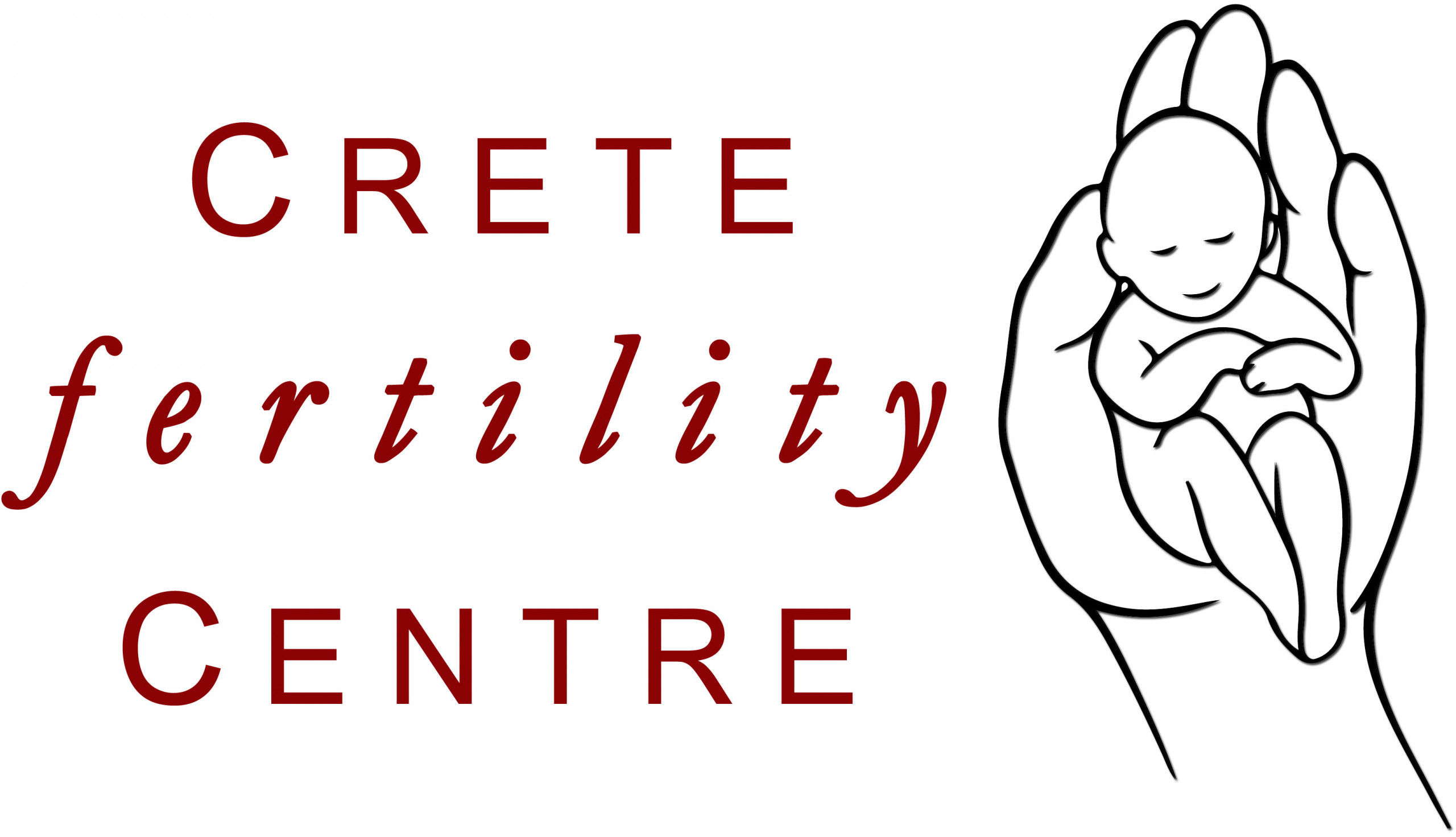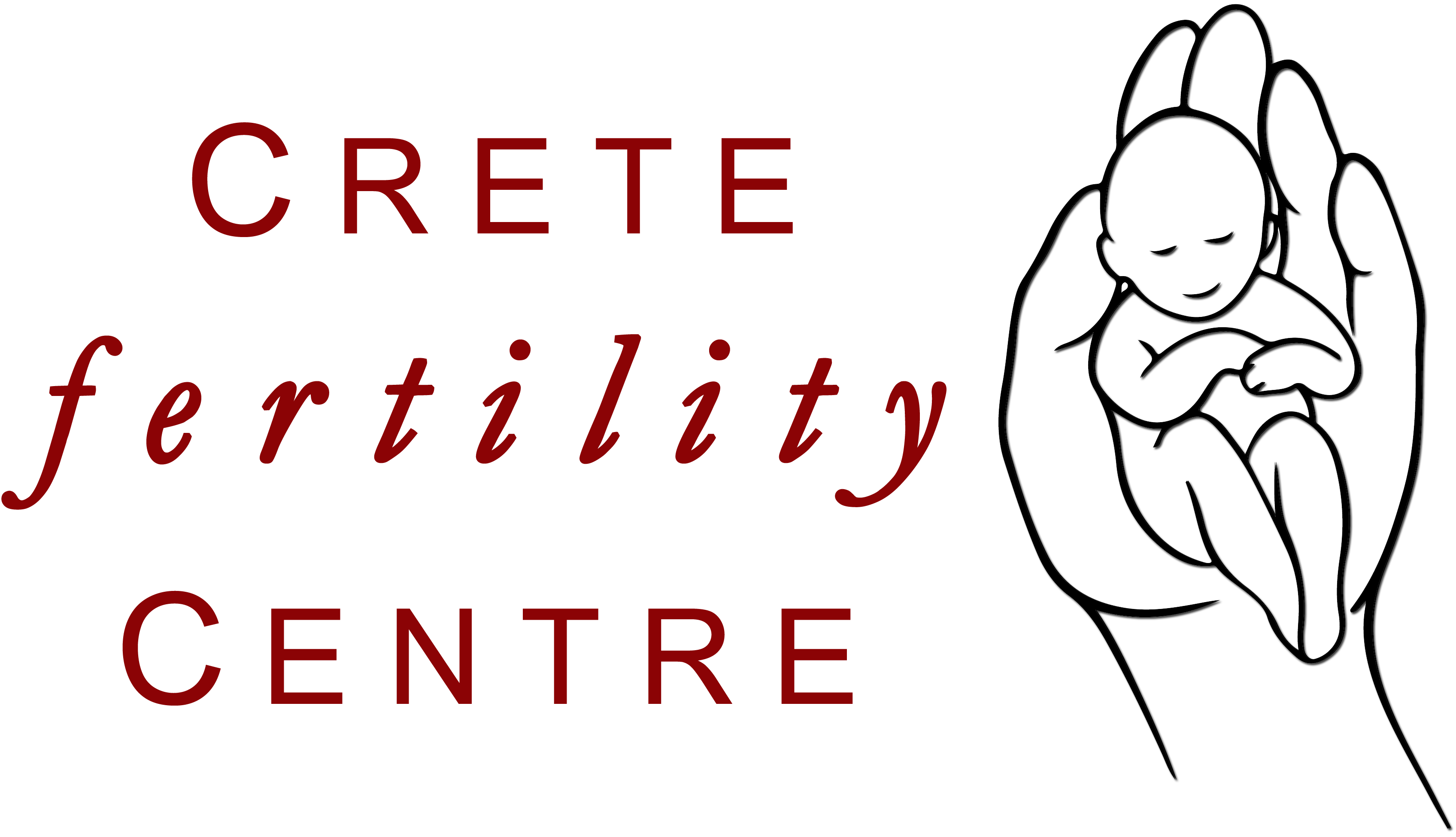Egg Donation
Egg donation for IVF fertility treatments (or embryo donation), is indicated for women who, for various reasons, do not produce eggs. In these cases, it has been proven that egg / embryo donation is a very effective procedure in a wide range of problems.
Indications of egg donation
The indications for egg donation or embryo donation include the following conditions:
- Gonad dysgenesia, carrying an inheritable genetic disorder such as muscular Dystrophy or haemophilia. Such diseases can be passed on to their children. Rather than risk giving birth to a child who might suffer greatly and die at an early age, some women choose to have a chance of a perfectly healthy child via egg donation.
- Surgical procedures to / removal or absence of ovaries (ovarian damage following surgery, radiation or chemotherapy)
- Women born without or with under-developed ovaries (e.g. Turner’s syndrome).
- Poor response to ovarian stimulation
- Failure of multiple attempts of assisted reproduction methods (IVF, ICSI)
- Early menopause. This, however, occurs much earlier to some women, even in their teens or early twenties, before they would even have contemplated starting a family. This condition is called premature ovarian failure or premature menopause.
- Patient aged above 45 (menopause). After the menopause a woman is no longer capable of conceiving because her ovaries stop producing eggs and sex hormones.
Who are the Egg Donors?
Some of the donors from The Crete Fertility Centre will be Egg-sharers. ‘Egg-sharing’ is an option offered to women who would not otherwise be able to afford the expenses of the fertility treatment they need. In exchange for sharing (or donating) some of the eggs they produce during their own IVF Cycle, the Egg-sharer receives subsidised treatment.
This website provides important information for anyone who thinks she might need donor eggs as part of a fertility treatment programme. Your participation in this programme may help substantially to reduce your waiting time for treatment with donated eggs. Our priority is to ensure that patients requiring treatment using donor eggs receive this treatment within a reasonable timeframe (1-3 months).
Fortunately the pregnancy rate is approximately 52 – 54% per E.T., in our unit under Dr. Fraidakis medical care.
What information will I be given about my Donor?
Most of the donors will be of Greek origin. We will also provide you with information on:
Build, Height, Weight, Eye colour, Hair colour, Occupation, Education, Blood Group and Rh.
How can I be sure that the egg donation will be safe?
All egg donors will be screened prior to being accepted and the following criteria must be met:
- Less than 32 years old
- No personal history or family history of genetic or familial illness
- BMI of less then 32
- Two Ovaries
- No history of previous low ovarian response to stimulation.
- No more than 2 previous unsuccessful IVF attempts.FSH level less than 8
In addition, all donors are screened and must have clearance on the following:
- Chlamydia
- HIV
- CMV
- Normal Chromosome Analysis
- Cystic Fibrosis Gene
- Syphilis
- Hepatitis B & C
- Thalassaemia
Will the egg donation be anonymous?
Yes. The rules on anonymity are strict and are in the best interests of all concerned. No identifying information will be given to you about the donor. Likewise, the donor will not receive any information about you.
How long will I need to stay in Crete?
Your stay in Crete will be approximately 5-8 days long. The exact timing depends on your donor’s egg collection. If egg collection is at the end of the week, you may need to stay slightly longer for the embryo transfer. It is advisable to arrive in Crete at least one day prior to the donor’s egg collection and to ensure that your travel arrangements include being in Crete on the Monday morning of the egg collection week.
Proposed travel dates cannot be confirmed until your donor has commenced ovarian stimulation. This will be approximately two weeks before you would need to travel. It is therefore not advisable to book or purchase non-refundable or non-exchangeable tickets before ovarian stimulation has been started, as your dates for treatment cannot be guaranteed before then.
What will happen once I arrive in Crete?
Your first contact will be a pre-arranged consultation with Dr Fraidakis at Crete Fertility Centre, to which you will take a copy of your medical records. After going through your records, Dr Fraidakis will discuss specific treatment issues and answer any questions you may have. You will need to make a maximum of three visits to the clinic whilst in Crete:
- The first visit will be the Initial Consultation on arrival and Ultra Sound.
- The second appointment will be made for the male partner to provide the semen sample on the day of the donor’s egg collection.
- The third visit will be on the day of your embryo transfer.
The rest of the time you will be free to enjoy the island of Crete.
Your Pregnancy
If the pregnancy test is positive, the same drug regime is followed until fourteen weeks of pregnancy. It is most important not to stop the medication.




